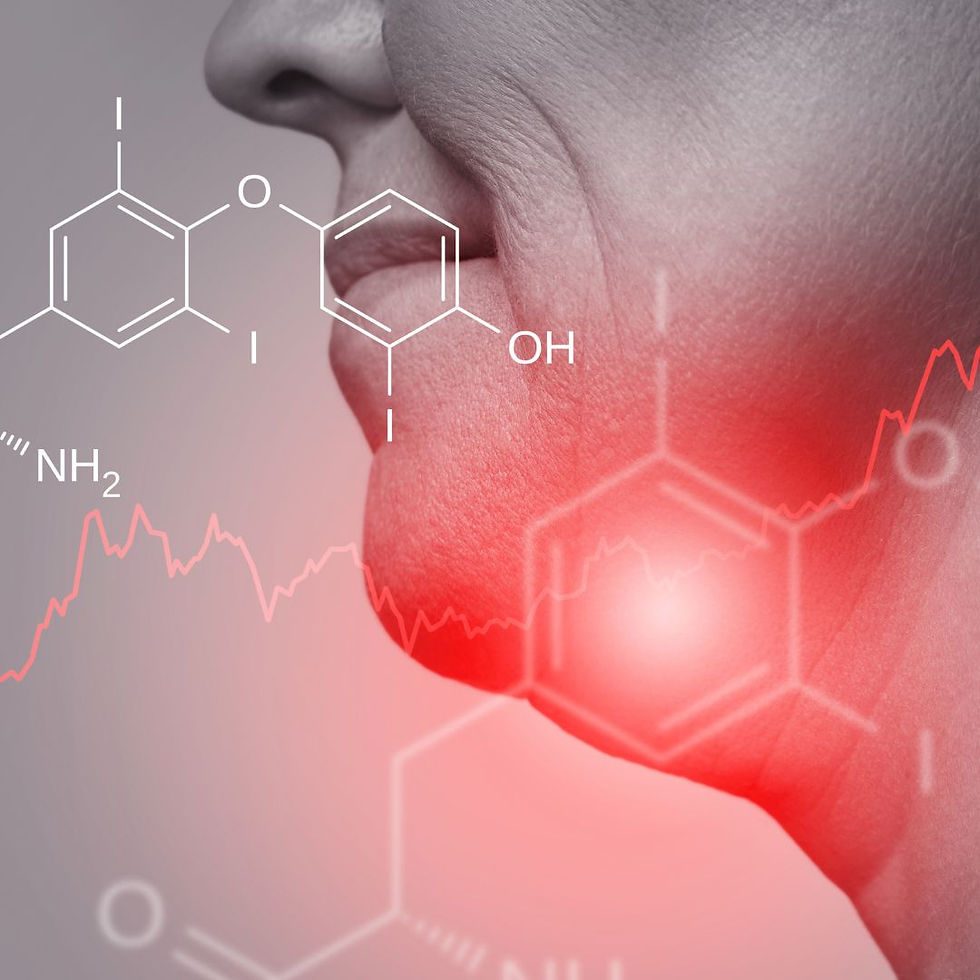Truth be told, your clients are in search of expert support and knowledge when it comes to hormones and the role they play in how the skin and body ages!

We have all heard, ‘men age so much better than women’ and ‘men tend to look more distinguished as they age, and women just start to look old’. Is it a stereotype that ‘men age better’ than women?

Unfortunately for women, there is science to support this belief.
It is no secret that men and women age differently. The aging of skin is a direct result of collagen levels. Collagen is a protein found in skin and connective tissues and is responsible for your skin’s elasticity. The elasticity of your skin will determine how youthful your skin and face appear. The human body loses collagen as it ages, which is why your skin looks dramatically different throughout the years.
Men and women differ when it comes to collagen loss. Males begin to lose collagen earlier in life and more consistently throughout their life. Females tend to keep most of the collagen up until they experience hormone fluctuations beginning with perimenopause and menopause. Once menopause hits, there is a significant loss in estrogen which leads to the substantial loss of collagen. While males gradually look older, females experience a more sudden, marked change in their appearance.

Let’s take a closer look at how hormones play a role in aging skin.
Androgen: typically thought of as male hormones but are important to women's health. Androgens are produced in the ovaries and adrenal cortex and are converted into estrogen.
Estrogen: a group of steroid hormones which promote the development and maintenance of female characteristics of the body.
Did you know that women’s androgen levels affect the production of estrogen? Once androgen levels decline so does the primary female hormone, estrogen. This decline has a number of effects on the female aging process including the following:
1. Bone loss especially in the face, giving a gaunt appearance.
2. Impaired sexual function
3. Lower physical performance
4. Weight gain
5. Cognitive decline
6. Emotional change
Researchers are beginning to study the effects of androgens on aging skin but are aware of the need to learn more about how declining testosterone affects female health.
Estrogen

Up until our mid 30s, females have about four times more estrogen than males.
Estrogen is responsible for:
1. Stimulating collagen, elastin, and hyaluronic acid production that helps the skin to stay plump and firm.
2. Development of reproductive organs
3. Growth of the uterine lining (endometrium)
4. Sexual and reproductive function
5. Body’s use of carbohydrates and other fats
All of these functions decline as estrogen production drops. While gradual with males, females lose about 80% of estrogen production during the first year of menopause. Estrogen insufficiency decreases our defense against oxidative stress. We will notice the skin becoming thinner, decreased elasticity, increased wrinkling, increased dryness and reduced vascularity.
Progesterone

Progesterone levels decrease with age. Progesterone levels begin declining in your late 20s, decreasing significantly after age 30 and are nearly nonexistent by menopause!
Progesterone is responsible for:
1. Increases production of hyaluronic acid
2. Preventing loss of collagen and elastin.
3. Playing a role in ovulation, menstruation, conception and pregnancy.
When progesterone levels decrease you will notice:
* Menstruation is irregular or stops all together
* Infertility
* Acne, brittle nails, dry cracked skin. Signs of low progesterone include adult on set acne, nails cracking, splitting, peeling and cracking skin on your heels and hands.
* Depression, anxiety, mood swings. After age 30 most of us experience a drop in progesterone and, since it’s partly responsible for stabilizing mood, one of the first signs of this lowered level is a shift in mood.
* Low libido, fatigue, foggy thinking
* Slow metabolism, weight gain around the midsection, sugar cravings
* Migraines, headaches, also joint pain and allergy symptoms

In summary, many factors influence how you age. Hormones absolutely play a key role in the aging process but outside factors will also affect aging. Some factors are out of your control, such as genetics and declining hormone levels.
Outside factors that are in our control include: nutrition, lifestyle, stress, environment, smoking and sun exposure.
Patients want to know why and how they are aging!
Consulting with your patients and explaining how hormone fluctuations play a role in how and why their skin is changing helps them decide which aesthetic procedures they want to have done in your office. Spending the time on educating your patients on aging will increase revenue and profitability throughout your practice.
Our upcoming blogs will focus on how your skin ages during each phase of our lives and the best aesthetic solutions based on these age ranges.
Click on link below to schedule a skincare consultation with Inspira Skin today!
.

Comentarios